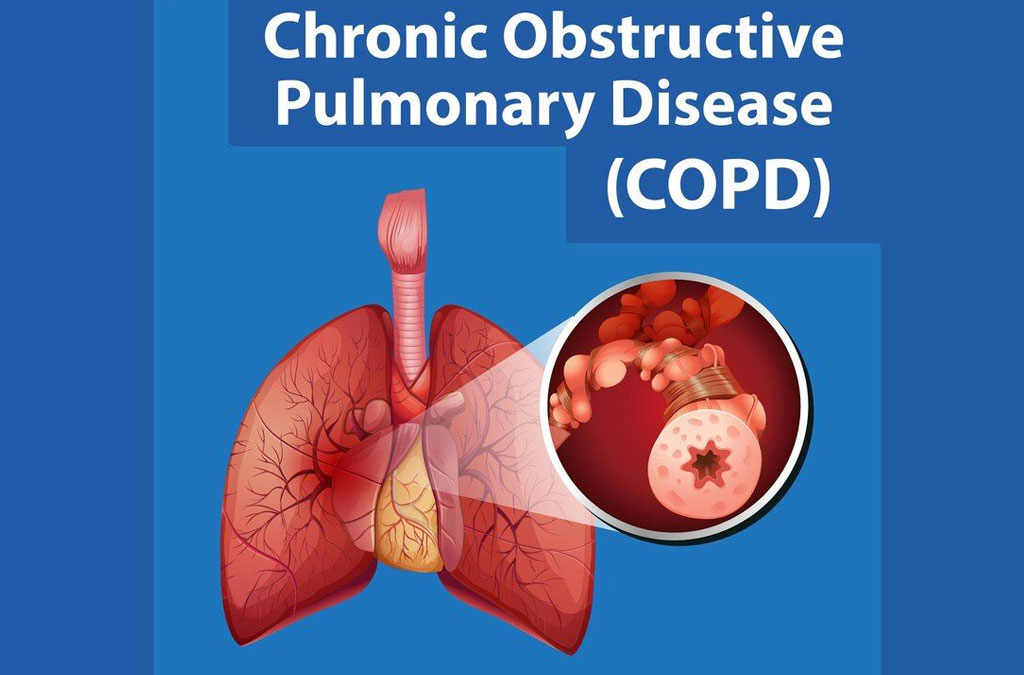Chronic Obstructive Pulmonary Disease (COPD) Awareness Day

What is Chronic obstructive pulmonary disease (COPD)?
Chronic Obstructive Pulmonary Disease (COPD) is a heterogeneous lung condition characterized by chronic respiratory symptoms (dyspnea, cough, sputum production and/or exacerbations) due to abnormalities of the airways (bronchitis) and/or alveoli (emphysema). It is the third leading cause of death worldwide, causing 3.23 million deaths in 2019.
What causes COPD?
The causes of COPD can be multiple and may stem from genetic and environmental factors. Smoking and air pollution (toxic particles and gases) are the most common environmental causes. In COPD, the airways may be inflamed and blocked with mucus and there could be destruction of the alveoli.
What are the symptoms of COPD?
Patients with COPD usually complain of dyspnea, activity limitation and/or cough with or without sputum production (phlegm). Chronic dyspnea is the most characteristic symptom of COPD and cough with sputum production is present in up to 30%. They may experience acute events called exacerbations characterized by increase in these respiratory symptoms.
How is COPD diagnosed?
COPD should be suspected if a person has typical symptoms of dyspnea, chronic cough or sputum production, and/or a history of exposure to risk factors for the disease. The diagnosis is confirmed by a breathing test called spirometry which shows non-fully reversible airflow limitation (FEV1/FVC < 0.7 post-bronchodilation).
How is COPD treated?
COPD is treated with a multi-modality approach that includes medications, oxygen support, and pulmonary rehabilitation. The main treatment is inhaled medication containing bronchodilators (short-acting beta2 agonists, long-acting beta2 agonists, short acting-antimuscarinics, long-acting anti-muscarinics) with or without inhaled steroids. Oxygen supplementation is given to those with hypoxemia (oxygen saturation <88%). Pulmonary rehabilitation and smoking cessation are also advised for patients with COPD.
How is COPD prevented?
40% of people with COPD are smokers thus smoking cessation has the greatest capacity to influence the natural history of COPD. Other measures to prevent the development of COPD are reducing exposure to environmental pollutants and vaccination against pneumonia to prevent infections.


